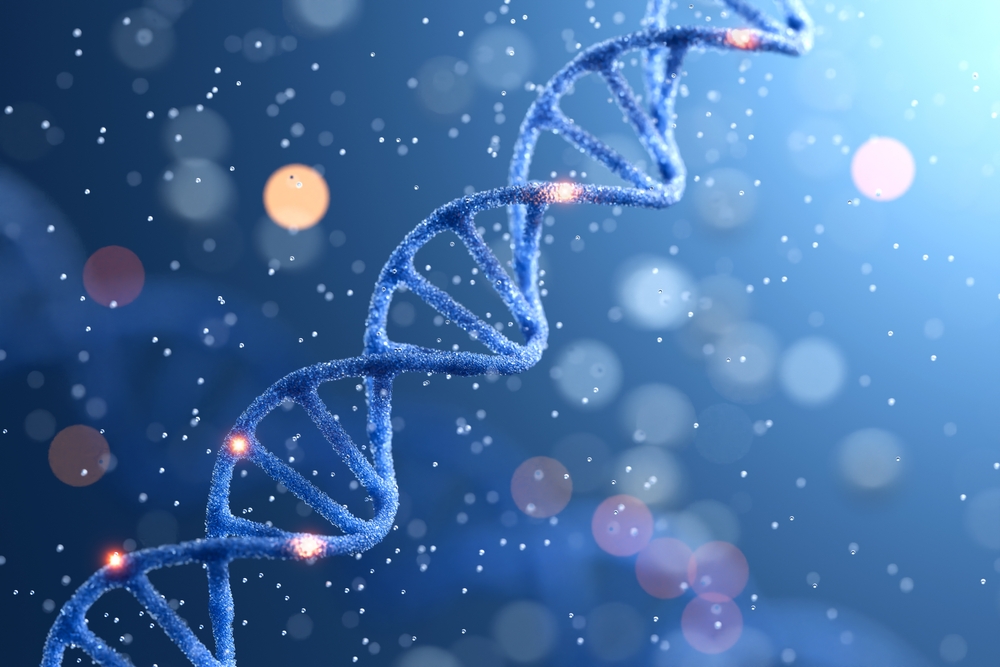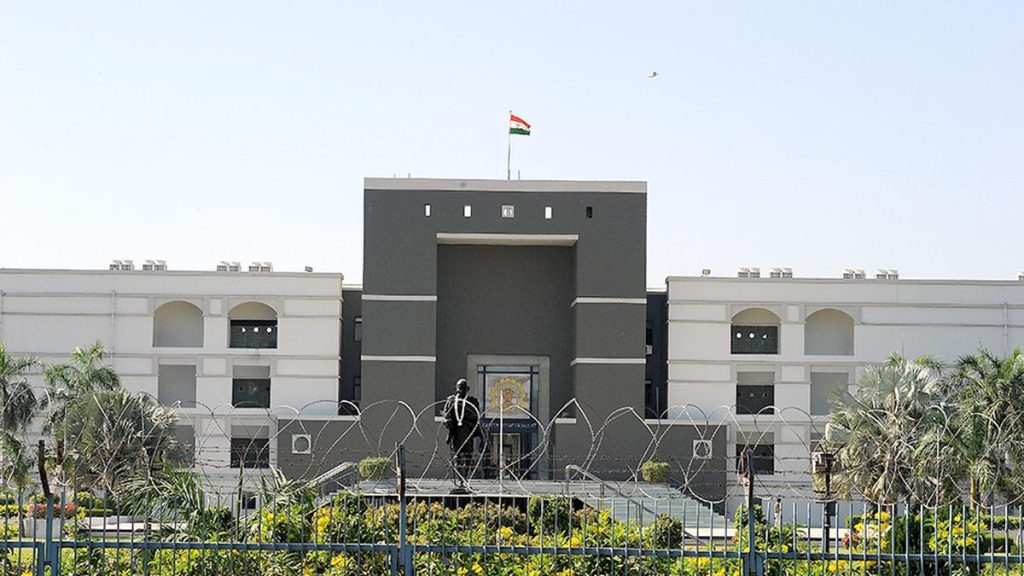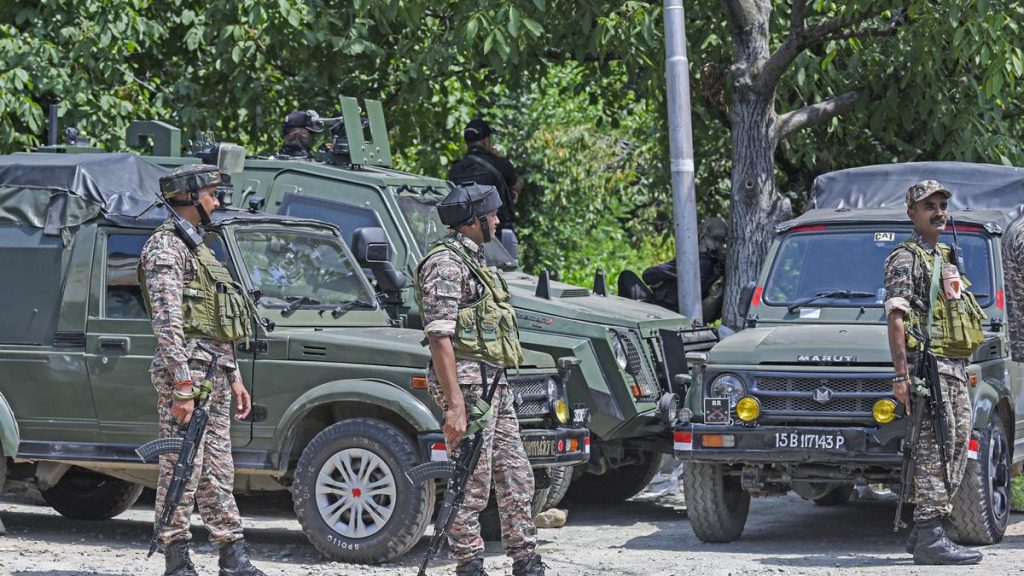Now Reading: New DNA Model Reshapes How We Trace Family History
-
01
New DNA Model Reshapes How We Trace Family History
New DNA Model Reshapes How We Trace Family History

Speedy Summary:
- Genetic testing company 23andMe has filed for bankruptcy, raising questions about the future of ancestry DNA services.
- Researchers at the University of Michigan (U-M) have developed a new statistical model called Gaia (geographic ancestry inference algorithm).
- Gaia creates an advanced “movie-like” ancestral map instead of a static snapshot. It integrates modern genetic sequencing with ancient DNA to detail where ancestors originated and their migration patterns over time.
- The method draws from ancient DNA tools pioneered by Nobel laureate Svante Pääbo,allowing deeper insights into population movements and human connections over centuries.
- current commercial ancestry reports only provide simplified data about recent relatives or regional genetic makeup-an approach criticized as overly narrow by U-M researchers.
- The National Academy of Sciences urged moving away from race-based labels in genetics. Gaia answers this call by demonstrating that racial categories are imprecise predictors of genetic similarity.
- Beyond human history, Gaia is being applied to track phenomena like mosquito colonization in the South Pacific and dispersal patterns in snake populations in Ohio and Michigan.
Indian Opinion Analysis:
The development of technologies like Gaia holds promising implications for how India understands its own vast ancestral diversity. Given IndiaS complex demographic history marked by migrations, invasions, and cultural exchanges through millennia, this tool can offer fresh insights into Indian population genetics beyond simplistic racial categorizations or colonial narratives.
The shift towards avoiding race-based labels aligns well with India’s constitutional ethos of unity in diversity but also emphasizes precision in scientific studies where broad categorization can be misleading. As India positions itself as a hub for biotech innovation, tools like Gaia could inspire domestic research to deepen knowledge about indigenous communities while addressing public misconceptions around genetics.Moreover, beyond human genealogy, applications such as monitoring disease vectors (e.g., mosquitoes) could benefit areas like public health policy-a key concern for India’s densely populated regions. Investments or collaborations on similar technological fronts may advance both scientific knowledge and socio-economic problem-solving capabilities within the country.























